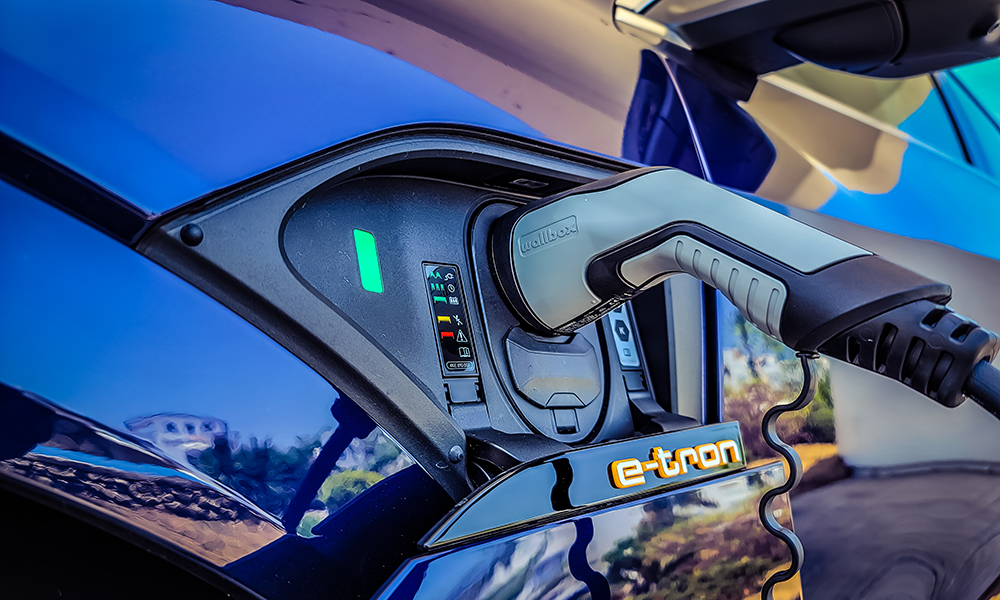
Remember the House Bill 10213 or the “Electric Vehicle Industry Development Act”? The last time we wrote about it, it was just awaiting President Rodrigo Duterte’s signature to be passed into law.
Well, it looks like the bill finally lapsed last April 15 (meaning the President did not sign it), and is now officially called Republic Act No. 11697. That means we finally have a law that will help out with all things EV-related, like importation, taxes, incentives, usage, and even manufacturing EVs and charging stations.
The Act will be following a national development plan called the “Comprehensive Roadmap for the Electric Vehicle Industry” (or CREVI), which will feature components like research and development on EVs, charging stations, human resources development, and the specifications of charging stations.
Below are some of the specifics of the law for those curious.
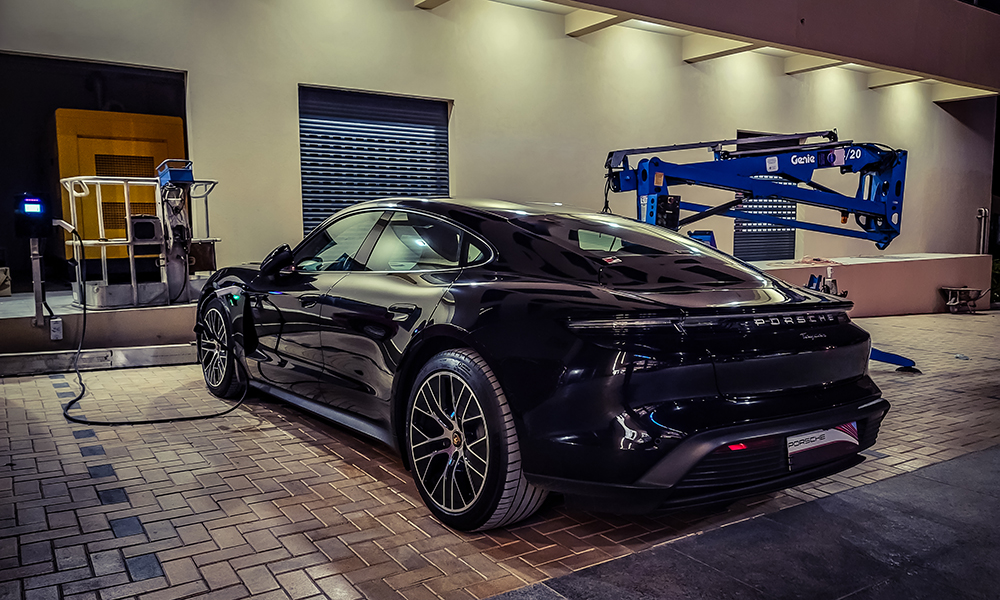

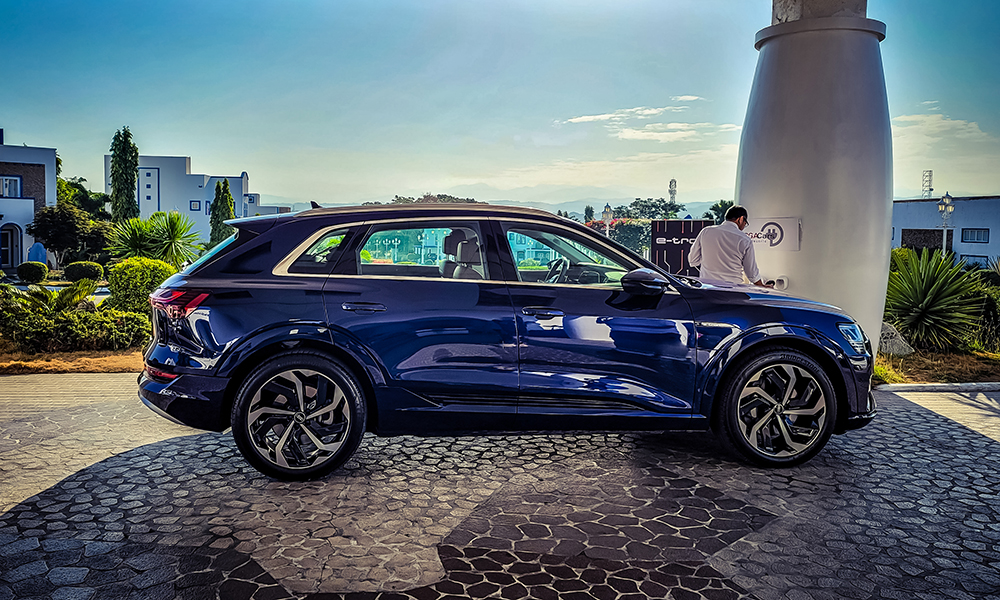
There will be an inter-agency board that will work to meet the conditions of CREVI in the next two months, with the Department of Energy tasked as the primary agency to promote the adoption of EVs and the development of charging stations. They will also be accrediting charging station providers, making sure that their infrastructure development and plans must comply with the Philippine Electrical Code and laws like the New Electrical Engineering Law.
Other agencies that will work with the DOE are the Department of Transportation, the Department of Science and Technology, the Department of Environment and Natural Resources, the Department of Public Works and Highways, the Department of the Interior and Local Government, and the National Economic and Development Authority.
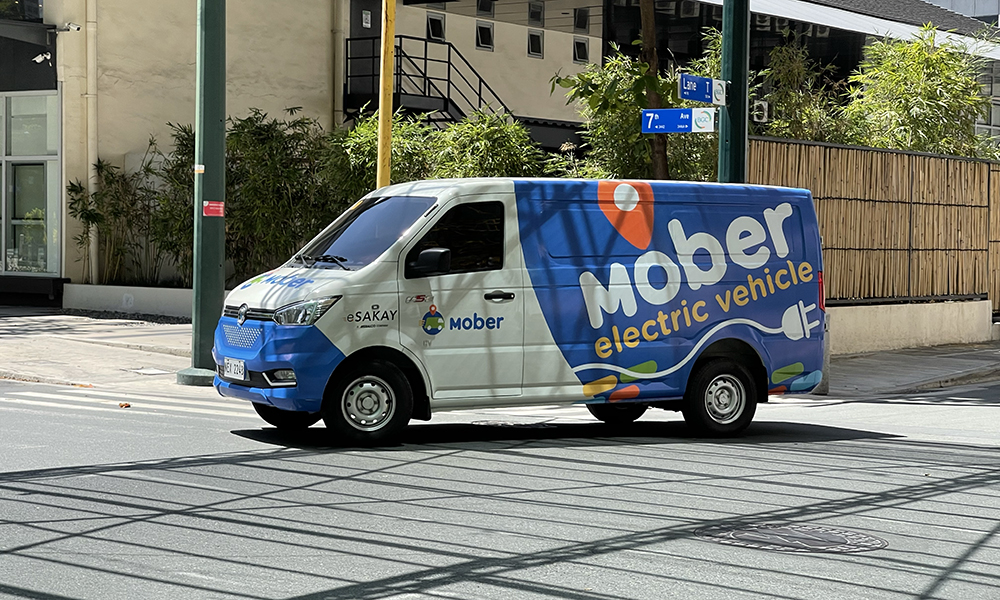
There will be “green routes” that must provide segregated lanes for EVs on all major local and national roads, and LGUs must submit a list of all commercial-use charging stations to the DOE not later than January 30 of every year.
There must also be a mandatory EV share for corporate and government fleets, where at least 5% must be EVs (within CREVI’s time frame). These companies include cargo and logistics, food delivery, tour agencies, hotels, and power and water utilities. Public transport operators are also included.
Buildings constructed from now on must dedicate 5% of its parking slots to EVs with installed charging stations. This also includes gas stations, where there must be dedicated charging stations. Of course, commercial-use charging stations are allowed to impose charging fees.
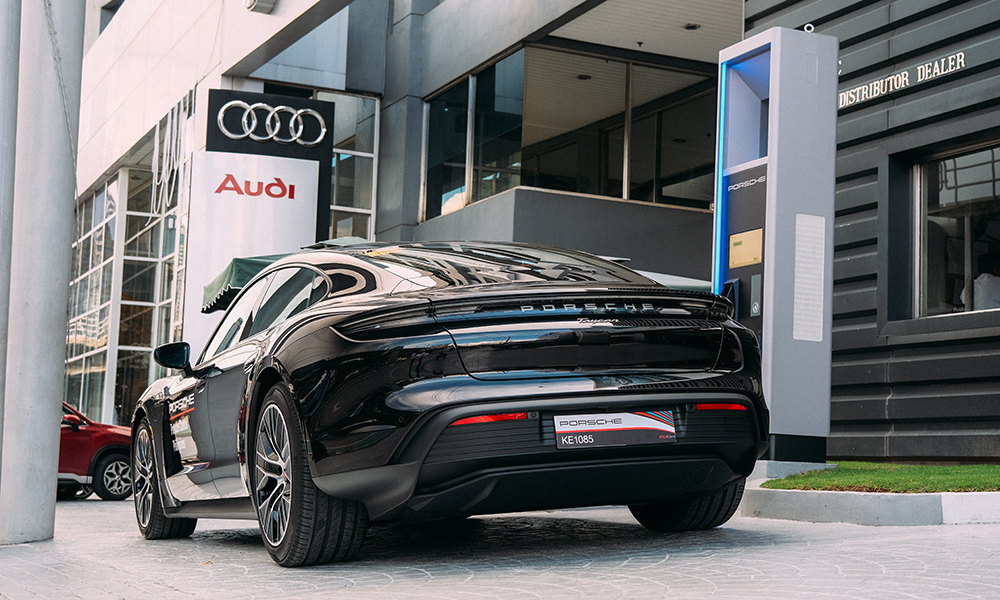
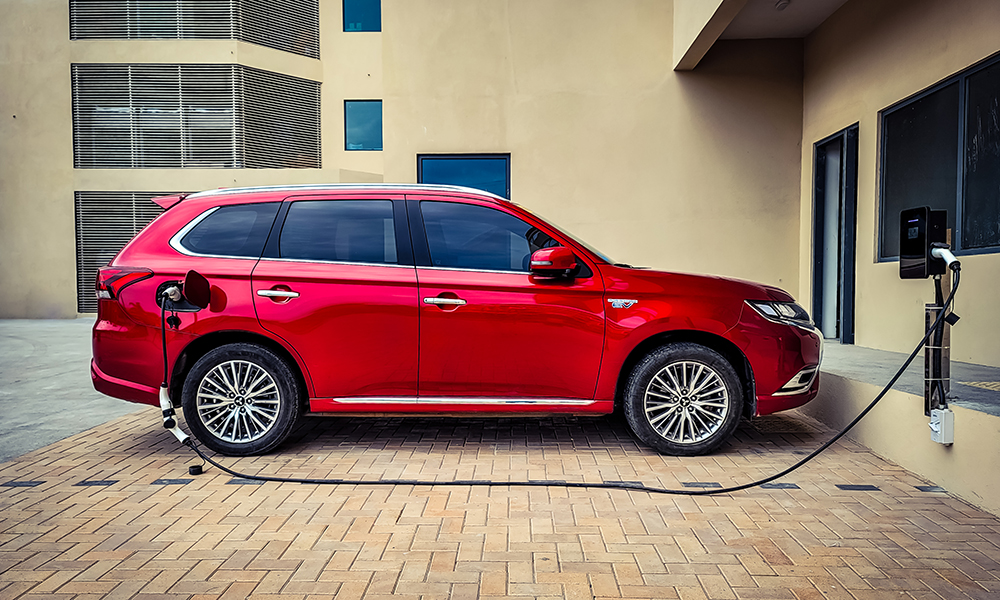
Importing fully built EVs will be subject to incentives under the Tax Reform for Acceleration and Inclusion Act (or TRAIN Act). For e-jeeps and e-tricycles, the Department of Finance (upon the recommendation of the DTI) can also suspend this exemption to protect local manufacturers.
And for EV manufacturers and importers, there will be TESDA training programs on relevant topics like EV assembly, use, maintenance and repair, while parts and components needed for manufacturing and assembly will be expedited by the Bureau of Customs.
Importing fully built charging stations will be exempt from duties for eight years (from the implementation of this Act), while equipment and components for construction/installation of charging stations will have to undergo evaluation by the DOLE, the PRC, and the DTI.
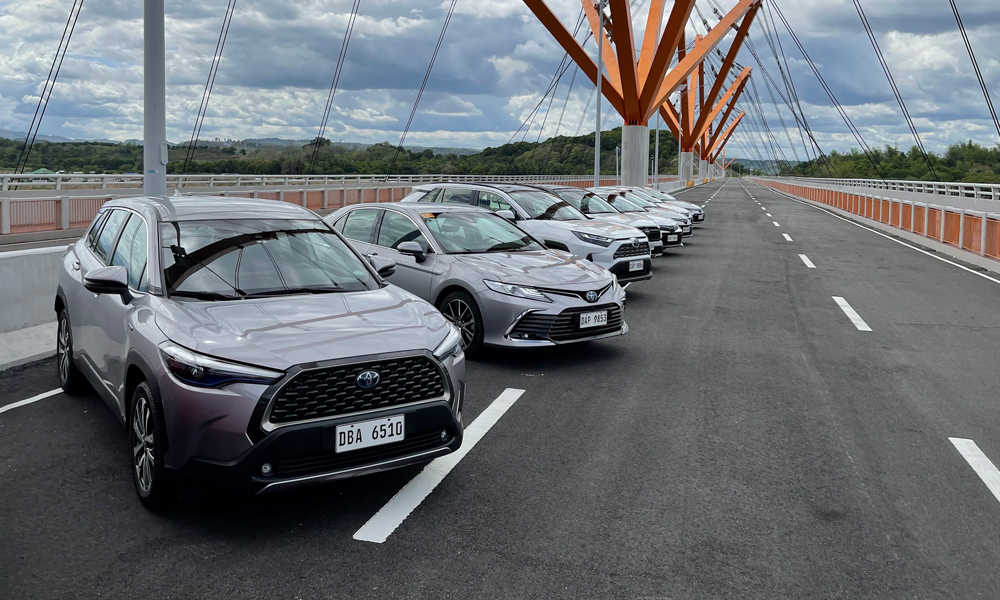
As for end-users, these incentives will be in force for eight years from the implementation of this law:
- Priority registration and renewal with a special vehicle plate;
- Exemption from number-coding and other similar schemes by MMDA, LGUs and other agencies (yes, that means Makati, too);
- BEVs (battery EVs) get a 30% discount on the MVUC, and vehicle and registration fees;
- HEVs (hybrid EVs) get a 15% discount on MVUC and vehicle and registration fees;
- Banks will also be encouraged to prioritize financing packages to help push EVs to end-users, and to also lend to manufacturers of EVs, charging stations, and batteries; and
- PUV operators who exclusively use EVs will also have the processing of their franchise expedited.
So, what do you think? Is this law good enough to help kick-start the EV industry in our country after having lagged behind others for so long? Or does it need a bit more tweaking?


0 Comments